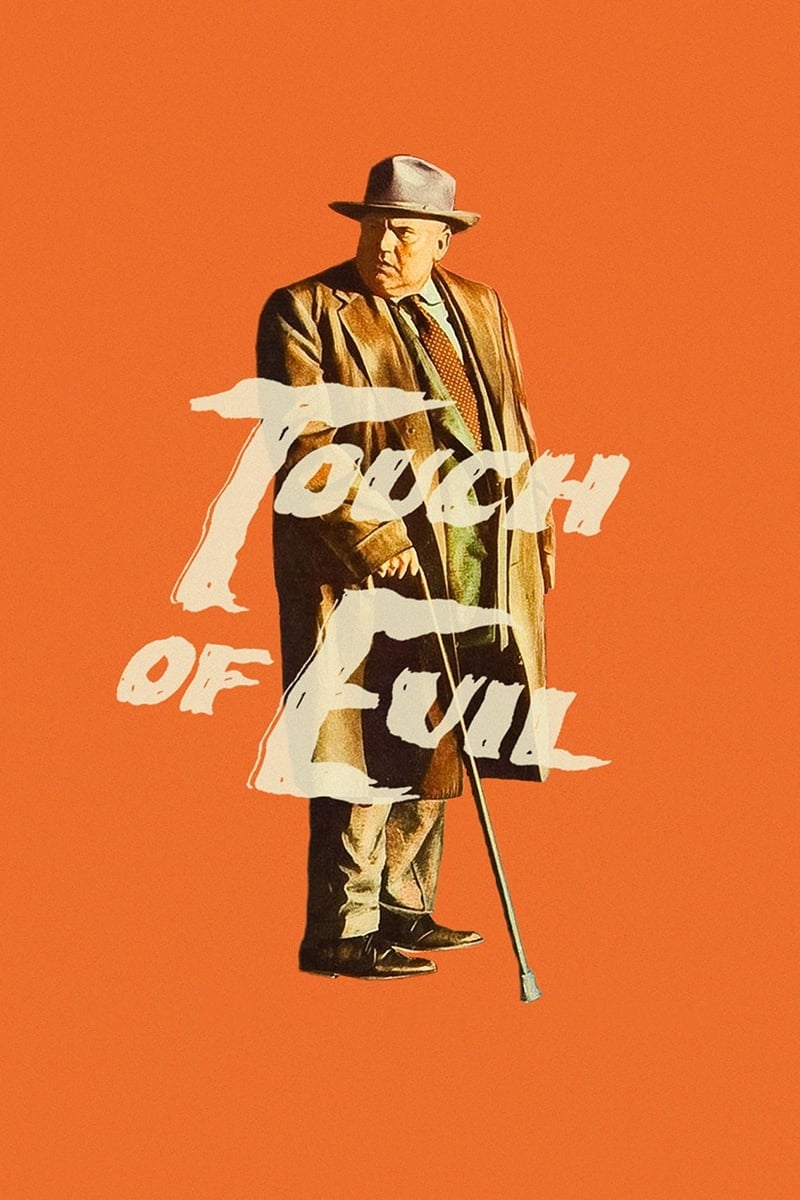Chimes at Midnight (1965)
Chimes at Midnight (1965)
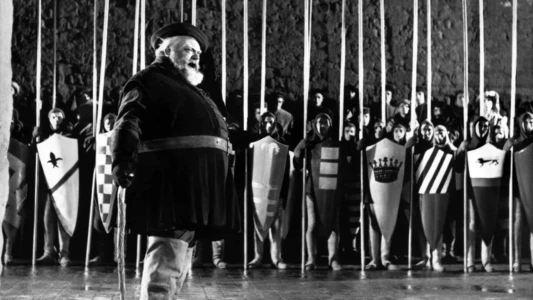
Plot.
Where to Watch.
 Subs
Subs Rent
Rent Rent
Rent Rent
Rent Rent
Rent Subs
Subs Subs
Subs Rent
RentCurrently Chimes at Midnight is available for streaming online, rent, buy or watch for free on: Criterion Channel, Apple TV, Google Play Movies, YouTube, Amazon Video, Max Amazon Channel, Max, Vudu
Streaming in:🇺🇸 United States

This Movie Is About.
Cast & Crew.

Orson Welles
Falstaff

Keith Baxter
Prince Hal

Jeanne Moreau
Doll Tearsheet

Margaret Rutherford
Mistress Quickly

John Gielgud
Henry IV

Marina Vlady
Kate Percy

Walter Chiari
Mr. Silence

Michael Aldridge
Pistol

Julio Peña
Vassall

Tony Beckley
Ned Poins

Jeremy Rowe
Prince John

Norman Rodway
Henry 'Hotspur' Percy

Andrés Mejuto
Actor

Alan Webb
Justice Shallow

Fernando Rey
Worcester

William Shakespeare
Writer

Raphael Holinshed
Writer

José Nieto
Northumberland

Andrew Faulds
Westmoreland

Ángel Escolano
Producer

Emiliano Piedra
Producer
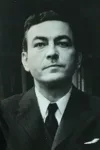
Patrick Bedford
Bardolph (as Paddy Bedford)
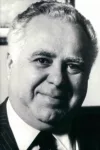
Harry Saltzman
Producer

Ralph Richardson
Narrator (voice)

Angelo Francesco Lavagnino
Composer

Ingrid Pitt
(uncredited)
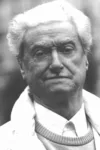
Edmond Richard
Cinematographer

Beatrice Welles
Falstaff's Page

Elena Jaumandreu
Editor

Frederick Muller
Editor

Peter Parasheles
Editor

Mariano Erdoiza
ProductionDesigner
Media.



















Details.
Release DateDecember 23, 1965
Original NameCampanadas a medianoche
StatusReleased
Running Time1h 55m
Budget$800,000
Filming LocationsCardona · Madrid · Barcelona, Spain
Genres
Wiki.
Chimes at Midnight (Spanish: Campanadas a medianoche, released in most of Europe as Falstaff) is a 1966 period comedy-drama film written, directed by and starring Orson Welles. The film's plot centres on William Shakespeare's recurring character Sir John Falstaff and the father–son relationship he has with Prince Hal, who must choose between loyalty to his father, King Henry IV, and Falstaff. The English-language film was an international co-production of Spain, France, and Switzerland.Welles said that the core of the film's story was "the betrayal of friendship." It stars Welles as Falstaff, Keith Baxter as Prince Hal, John Gielgud as Henry IV, Jeanne Moreau as Doll Tearsheet and Margaret Rutherford as Mistress Quickly. The script contains text from five of Shakespeare's plays; primarily Henry IV, Part 1 and Henry IV, Part 2, but also Richard II, Henry V, and The Merry Wives of Windsor. Ralph Richardson's narration is taken from the works of chronicler Raphael Holinshed.
Welles had previously produced a Broadway stage adaptation of nine Shakespeare plays called Five Kings in 1939. In 1960, he revived this project in Ireland as Chimes at Midnight, which was his final on-stage performance. Neither of these plays was successful, but Welles considered portraying Falstaff to be his life's ambition and turned the project into a film. In order to get initial financing, Welles lied to producer Emiliano Piedra about intending to make a version of Treasure Island, and keeping the film funded during its production was a constant struggle. Welles shot Chimes at Midnight throughout Spain between 1964 and 1965; it premiered at the 1966 Cannes Film Festival, winning two awards there.
Initially dismissed by most film critics, Chimes at Midnight is now regarded as one of Welles' highest achievements, and Welles called it his best work. Welles felt a strong connection to the character of Falstaff and called him "Shakespeare's greatest creation". Some film scholars and Welles' collaborators have made comparisons between Falstaff and Welles, while others see a resemblance between Falstaff and Welles' father. Disputes over the ownership of Chimes at Midnight made it difficult to view the film legally until recently. It was released in the UK on DVD and Blu-ray in 2015. A new restoration by Janus Films and The Criterion Collection was screened at the Film Forum in New York January 1–12, 2016. The Criterion Collection released the film on Blu-ray and DVD on August 30, 2016.



